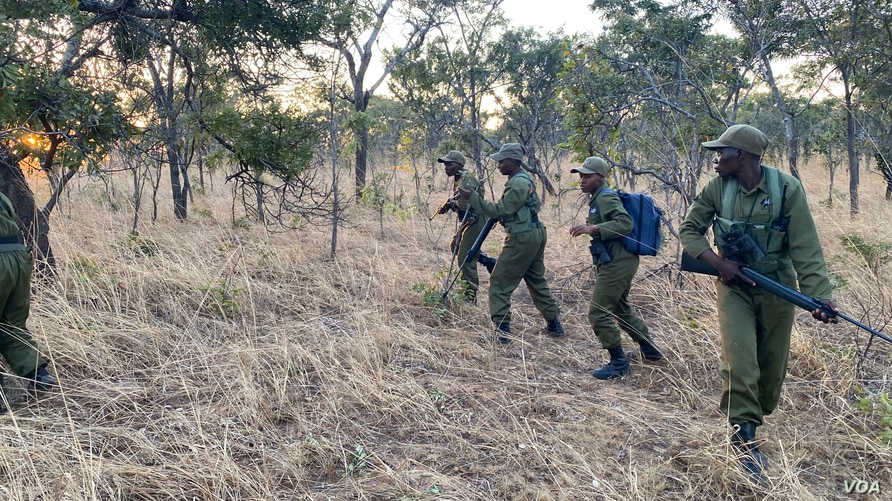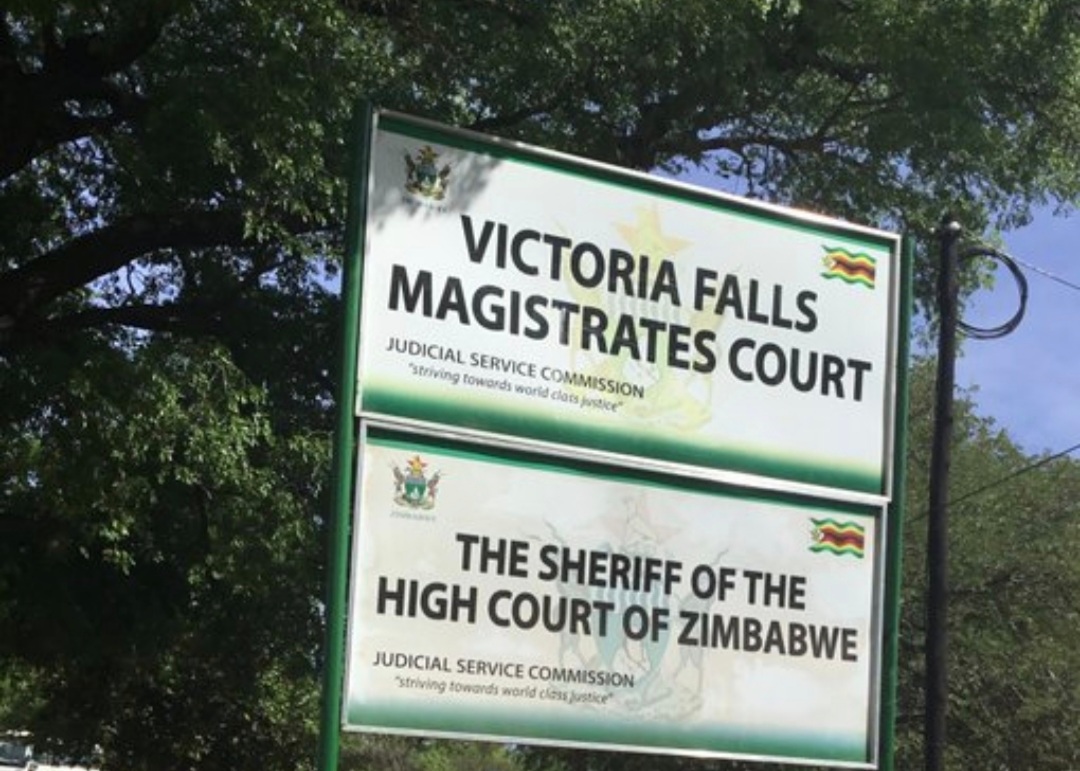Finance
minister Mthuli Ncube played it safe in his mid-term budget review statement on
Thursday, making no major policy decisions and saying he may not need
additional funding for his 2021 budget.
After many
previous policy shocks, the best part about a largely uneventful budget statement
was exactly that; it was uneventful. There were no major announcements on
taxation, the currency, or any measures likely to shake tables immediately.
“There is
need to stay the course. There are no policy changes; I believe the existing
policies are achieving the desired results are still adequate,” Ncube said. If
any big budget changes are to made, those would come in the 2022 budget, he
said.
Here is a
summary of some of the main takeaways from Ncube’s statement:
Economic
Growth: More ambitious target set
Ncube’s
prediction of 7.4% growth for 2021 was already ambitious, so much that even
President Emmerson Mnangagwa thought it must be revised downwards. But Ncube is
even more confident. He now sees the economy growing by 7.8%, higher than his
initial expectation of 7.4%.
His
predictions are far higher than the IMF’s projection of 6% and the World Bank’s
3.9% forecast. They also contrast sentiment from major local companies, many of
which are tempering their confidence of a rebound with caution over the likely
impact of COVID-19.
Why is
Ncube so confident? He cites “rainfall season, higher international commodity
prices, stable macroeconomic environment and a managed COVID-19 pandemic.”
Ncube says
agriculture will this year grow faster than expected. It will grow by 34%,
higher than the initially predicted 11%. He bases this on output from key farm
segments, such as maize production.
The
finance minister is also counting on the base effect of GDP contraction in
2020, when the economy shrank by 4%. For 2022, Ncube expects the economy to
expand by 5.4%
He sees
year-on-year inflation slowing down to between 22% and 35% by December 2021.
Vaccine
procurement: More spending needed
Ncube said
COVID-19 vaccines that have been bought so far have been purchased “utilising
the savings from last year, in the main.”
But, to
achieve Zimbabwe’s target of 60% of the population, the vaccination campaign
will require “mobilisation of additional resources for the procurement of more
vaccines, over and above the US$100m resource envelope.”
Ncube laid
out what he has spent so far on the programme. To date, 11.8m doses and 7.2m
syringes have been purchased using US$93.2 million.
No
extra budget needed, for now
Ncube has
stayed away from asking for more money from Parliament. Unless there is a major
shock, he says, there will be no need for a supplementary budget this year.
He said:
“In the outlook to December 2021, expenditure target of ZWL$421.6 billion will
be maintained assuming continued containment of expenditures, save for exigencies
managed through reallocations, where necessary.”
So far
this year, the Government has managed to live within its means. The government
raised an estimated Z$198.2 billion in revenues between January and June and
spent Z$197.6 billion.
Diaspora’s
support for economy keeps growing
During the
first six months of the year, Zimbabweans living abroad sent home a total of
US$746.9 million. Over the same time last year, they sent US$288.7 million.
Remittances are projected to reach US$1.3 billion by year end, Ncube said.
The
contribution of Diaspora remittances to the economy is growing.
“Diaspora
remittances and other transfers, which constitute the secondary income account,
are projected to continue driving the current account balance as was the case
in 2020. Personal transfers from Zimbabweans in the Diaspora are expected to
remain steady and resilient as the economies in key source markets recover from
the Covid-19 induced slow-down, allowing them invest in assets back home.”
Sold:
Gold refinery
In
December, Ncube announced that the government was privatising Fidelity Printers
and Refineries. This is the company that refines and exports gold. Gold
producers would control 60% of Fidelity, with central bank keeping 40%.
Ncube has
now announced that this deal is now done. Ten miners have agreed to buy the 60%
for US$49 million. This will be the first time that the refinery will be in
private hands since it was established in 1988.
While
Ncube did not name the ten miners, a structure announced last year said
participation would be based on average gold sales over the previous three
years. This means among the potential will be the biggest gold producers, such
as Kuvimba’s Freda Rebecca, which is now the number one producer, as well as
Caledonia Mining, which runs Blanket, and RioZim. – newZwire

 Slider3 years ago
Slider3 years ago
 National4 years ago
National4 years ago
 Opinion3 years ago
Opinion3 years ago
 Tourism and Environment4 years ago
Tourism and Environment4 years ago
 National2 years ago
National2 years ago
 National3 years ago
National3 years ago
 National2 years ago
National2 years ago
 National4 years ago
National4 years ago



